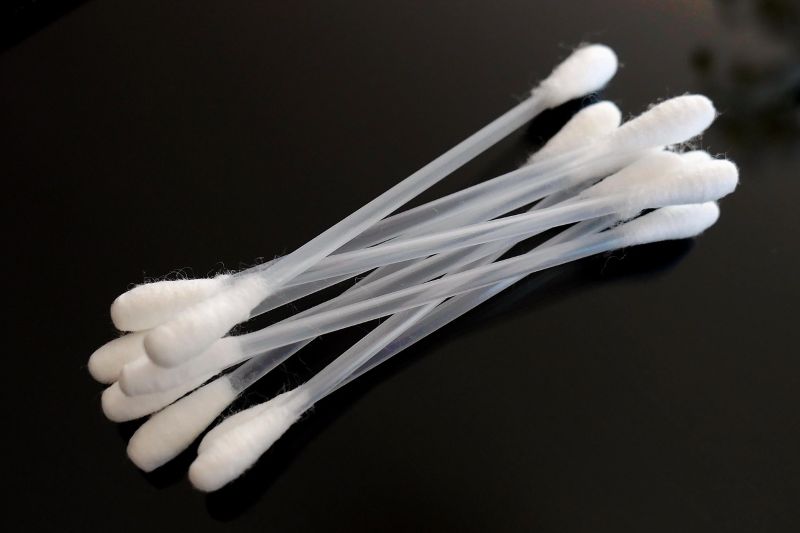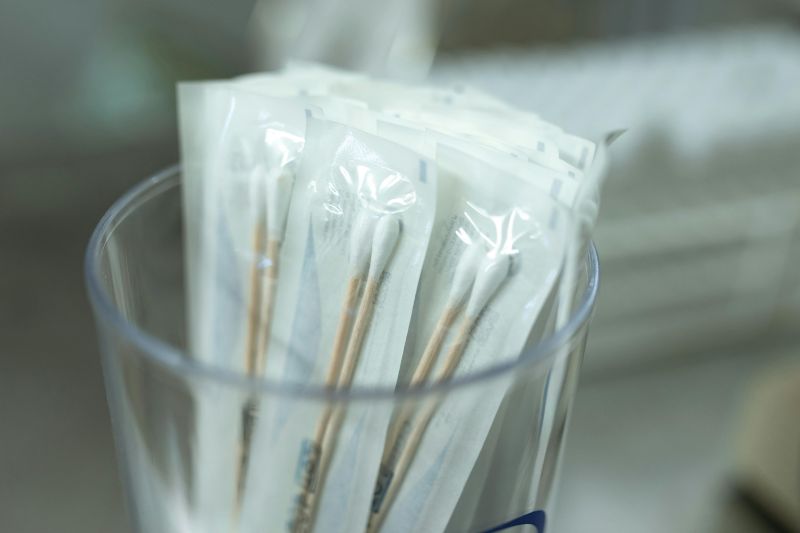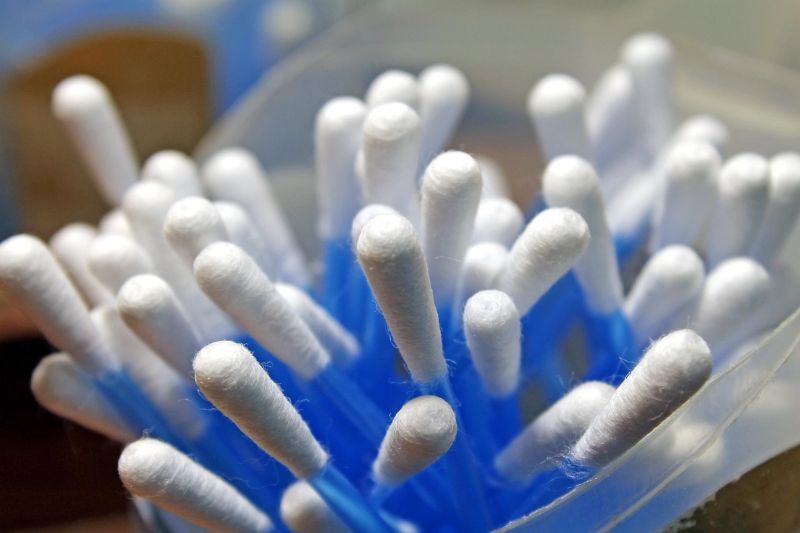Liquid cotton might sound like something out of a sci-fi movie, but it’s actually becoming common in everyday fabrics. Ever bought a t-shirt that felt smoother than usual? That silky-soft fabric might be made with liquid cotton. It’s advertised as breathable and gentle—but some folks have started to wonder: Is liquid cotton bad for your health? It’s a fair question, especially with more people getting skin reactions from everyday clothes. And let’s be honest, if it touches your skin all day, you deserve to know if it’s safe.
This article breaks it down in a simple way. We’ll talk about what liquid cotton really is, whether it’s safe, and how it compares to regular cotton. We’ll also touch on questions like is cotton bad for your skin and is cotton bad for the environment. Let’s clear the confusion.

What Is Liquid Cotton And How Is It Different?
Liquid cotton isn’t a type of cotton grown differently. Instead, it’s regular cotton that goes through extra processing to make it feel smoother and more durable. Think of it as cotton that’s been softened with a “spa treatment” during manufacturing. This process often uses heat and special finishes that change how the fabric feels without changing what it’s made from.
Some manufacturers market it as better for sensitive skin. Others say it lasts longer and doesn’t shrink as much. But here’s where it gets tricky—those extra steps often involve chemical finishes. And that’s where people start asking: what is bad about cotton when it’s treated this way?
In reality, most people won’t have problems wearing liquid cotton. But if someone has allergies or sensitive skin, these chemical treatments could cause itchiness, rashes, or other reactions. Dermatologists suggest checking labels and buying certified organic or untreated cotton if irritation happens often.
For example, Ava from Boston said she started getting red patches around her neckline and wrists. After switching to untreated cotton, the rashes stopped. Cases like hers show why it’s important to understand what’s in your clothes.
Is Liquid Cotton Bad For Your Health?
Let’s get to the big question. Is liquid cotton harmful? The answer isn’t a solid yes or no. For most people, liquid cotton is totally fine. It still breathes like normal cotton and feels even softer on the skin. But there are a few things worth noting.
First, the chemicals used in the finishing process can include formaldehyde-based resins. These help the fabric resist wrinkles and feel smooth. While the amounts are small and regulated, some folks are more sensitive. Long-term exposure or wearing such fabrics all day can sometimes cause mild skin irritation.
Second, some liquid cotton items may contain synthetic blends, like polyester. This is common in lower-cost items. That means it might not be 100% breathable, and sweat can get trapped—leading to clogged pores or breakouts for people with acne-prone skin.
If you’re someone with eczema, allergies, or even sensitive skin, you may want to test a patch of fabric first. Or, just stick with untreated cotton, especially in clothes that hug your skin like underwear or t-shirts.

Is Cotton Bad For Your Skin Or The Environment?
We often hear that cotton is natural and therefore safe. And in many cases, that’s true. Cotton clothing is generally soft, breathable, and great for sensitive skin. But how cotton is processed makes a big difference.
Bleaches, dyes, and wrinkle-resistant chemicals can stick to the fabric. These don’t always wash out completely and can lead to skin flare-ups. That’s why people ask, is cotton bad for your skin? It’s not the cotton itself, but what gets added to it.
On the environment side, cotton farming needs a lot of water and pesticides. The Wikipedia page on cotton production notes that it’s one of the most pesticide-intensive crops. That raises the question: is cotton bad for the environment? From a sustainability view, yes, especially when it’s not organic.
Liquid cotton, with its extra treatments, adds another layer. If it makes the product last longer, that could reduce waste. But if those treatments use non-biodegradable chemicals, they can harm the planet in the long run.
Is Eating Cotton Safe? What About Cotton Candy Or Cottonseed Oil?
You might laugh, but questions like is eating cotton safe? pop up a lot. Maybe it’s a toddler chewing on a shirt or someone curious about cottonseed oil in snacks. Here’s the truth:
No, eating real cotton isn’t safe. Your stomach can’t digest it, and it might cause a blockage. Cottonseed oil, however, is processed from cotton seeds and used in some foods. It’s considered safe when properly refined, but raw cottonseeds contain a toxic substance called gossypol.
Now, is cotton candy bad for you? It’s not actually cotton—it’s just spun sugar. But yes, it’s high in sugar and has zero nutrients. So, it’s fun once in a while, but not something to snack on daily.
The Pros And Cons Of Cotton Clothing
Let’s break it down simply. Here are the ups and downs of wearing cotton, whether it’s liquid or standard:
Pros:
- Breathable and cool on hot days
- Soft and gentle on the skin
- Usually biodegradable
Cons:
- Can be processed with harsh chemicals
- Needs a lot of water and pesticides to grow
- Liquid cotton may include synthetic blends
If you’re buying new clothes, look for items marked as “organic cotton” or “Oeko-Tex certified.” These are tested for harmful substances.

FAQ’s
- Is liquid cotton better than regular cotton? It depends on what you need. Liquid cotton feels smoother and resists wrinkles better. But it might not be ideal for sensitive skin.
- Is cotton clothing bad for the environment? Yes, if it’s not organic. Traditional cotton uses a lot of water and pesticides, which hurt the planet.
- Can cotton make your skin itch? Yes, especially if it’s treated with dyes or chemical finishes. Choose untreated or organic cotton to avoid this.
- Is cottonseed bad for you? Raw cottonseed isn’t safe to eat. It contains gossypol, which is toxic. But refined cottonseed oil used in cooking is generally considered safe.
- Is cotton candy unhealthy? Yes, it’s mostly sugar and offers no real nutrition. Fine as a treat but not healthy.
Conclusion
So, is liquid cotton bad for your health? For most people, it’s not. It feels soft, lasts long, and looks good. But if you have allergies or sensitive skin, the added finishes might cause irritation. And while cotton itself is natural, how it’s grown and processed affects both you and the planet.
When in doubt, choose organic or untreated fabrics. Your skin—and the earth—will thank you. For more info, check out the Wikipedia entry on cotton.

